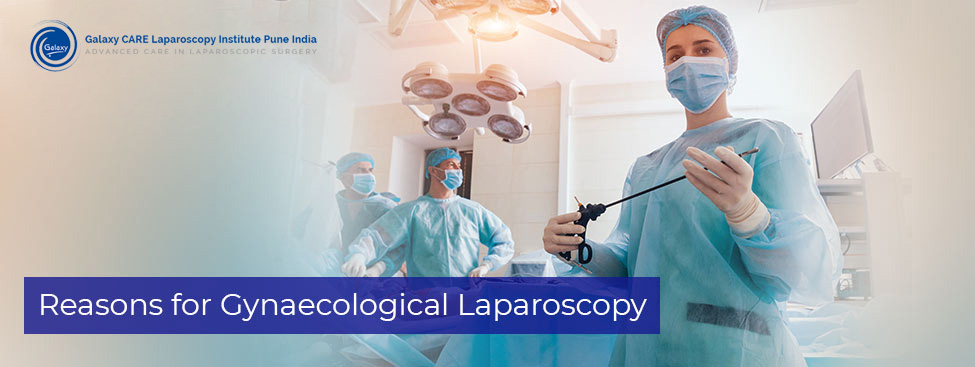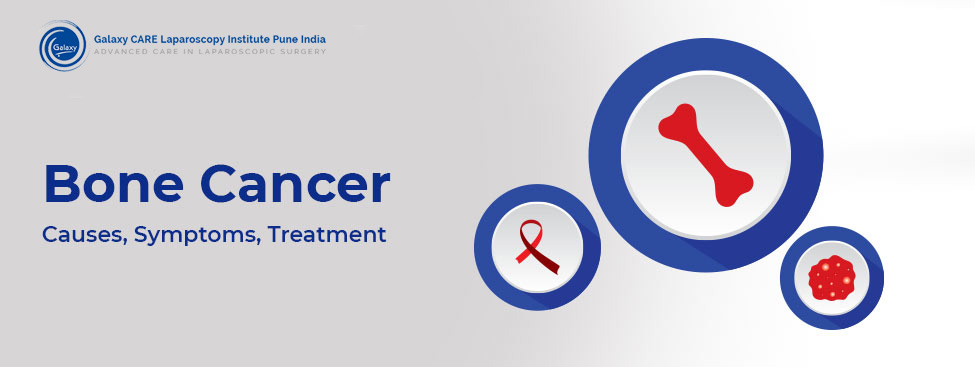
Reasons For Gynaecologic Laparoscopy
Gynaecologic Laparoscopy is an alternative to open surgery. It is one of the most effective ways to diagnose and treat pelvic and abdominal conditions in women. It is a procedure that involves inserting an instrument called a laparoscope into the abdominal area to examine the pelvic organs like uterus, ovaries, fallopian tubes and more in the abdomen. It helps diagnose various conditions like endometriosis, ovarian cysts, unexplained infertility and many more.
Gynaecological laparoscopy is a minimally invasive procedure that does not require any large incision. The surgeon makes small cuts in the abdomen or via the vagina, inserts the laparoscope, uses the laparoscope attached camera to identify the problem, and takes necessary measures. This procedure can be done quickly with only minimal pain. The main benefit of this type of surgery is that there are no large incisions, so recovery time is quicker than open surgery.
Key Reasons For Gynaecological Laparoscopy
When women experience unexplained pelvic pain, have a history of pelvic infection, unusual bleeding, or unexplained infertility and other non-invasive tests fail to make the right diagnosis, a gynaecologist may recommend undergoing laparoscopy.
Gynaecological Laparoscopy for Diagnosis or Treatment?
Apparently, Gynaecological Laparoscopy or any other laparoscopic procedure can be used for diagnosis, treatment, or both. A diagnostic procedure can sometimes shift into treatment.
The type of procedure is based on the reason for conducting the procedure. For example, if the patient has symptoms that are not resolved with medications alone and they need to know what is wrong with their pelvic region then diagnostic laparoscopy may be recommended. If a patient has specific symptoms indicating a particular problem, then they may need a diagnostic laparoscopy to determine what needs to be done next, and the doctors may proceed with the Lap gynae surgery to eliminate the problem.
Diagnosis of Common Gynaecologicalal Conditions
- Ovarian cysts or tumors
- Endometriosis
- Ectopic pregnancy
- Uterine fibroids
- Infertility
- Reproductive cancers
- Pelvic inflammatory disease
- Pelvic adhesions, or painful scar tissue
- Pelvic abscess, or pus
Treatment of Common Gynaecological Conditions
- Removal of ovarian cysts
- Removal of fibroids
- Removal of the ovaries
- Hysterectomy, or removal of the uterus
- Blocking blood flow to fibroids
- Endometrial tissue ablation ( treatment for endometriosis)
- Tubal ligation (Reversal of a contraceptive surgery)
- Adhesion removal
- Burch procedure (done for incontinence)
- Vault suspension (to treat a prolapsed uterus)
Recovery after Gynaecological Laparoscopy
The recovery process varies depending on the type of laparoscopic procedure. In most cases, patients can go home within 24 hours after surgery. Gynaecologists suggest taking rest for 2 to 3 days. If your surgery was related to fertility and involved removing an ovary or fallopian tube, then it will take longer for your body to heal. For more complex cases, it may take between one or two weeks until the patient is ready to go back to work.
Are You Experiencing Gynaecological Problems?
Most women get the sense when they experience certain changes or problems with their gynaecological health. If you are experiencing unusual bleeding and pelvic pain, do not delay it further. Consult the best gynaecologist in Pune at Galaxy Care Hospital for the right diagnosis and treatment. We are the pioneers of laparoscopic cancer surgeries in India. We are also the first institute in India to successfully conduct a Uterus transplant. This clearly reflects our excellence in the fields of gynaecology & laparoscopy. Our team of doctors have treated thousands of patients and helped them live better healthy lives. We can help you too! Get in touch with our team to book your appointment with our leading gynaecologists and laparoscopic surgeon in Pune today!


